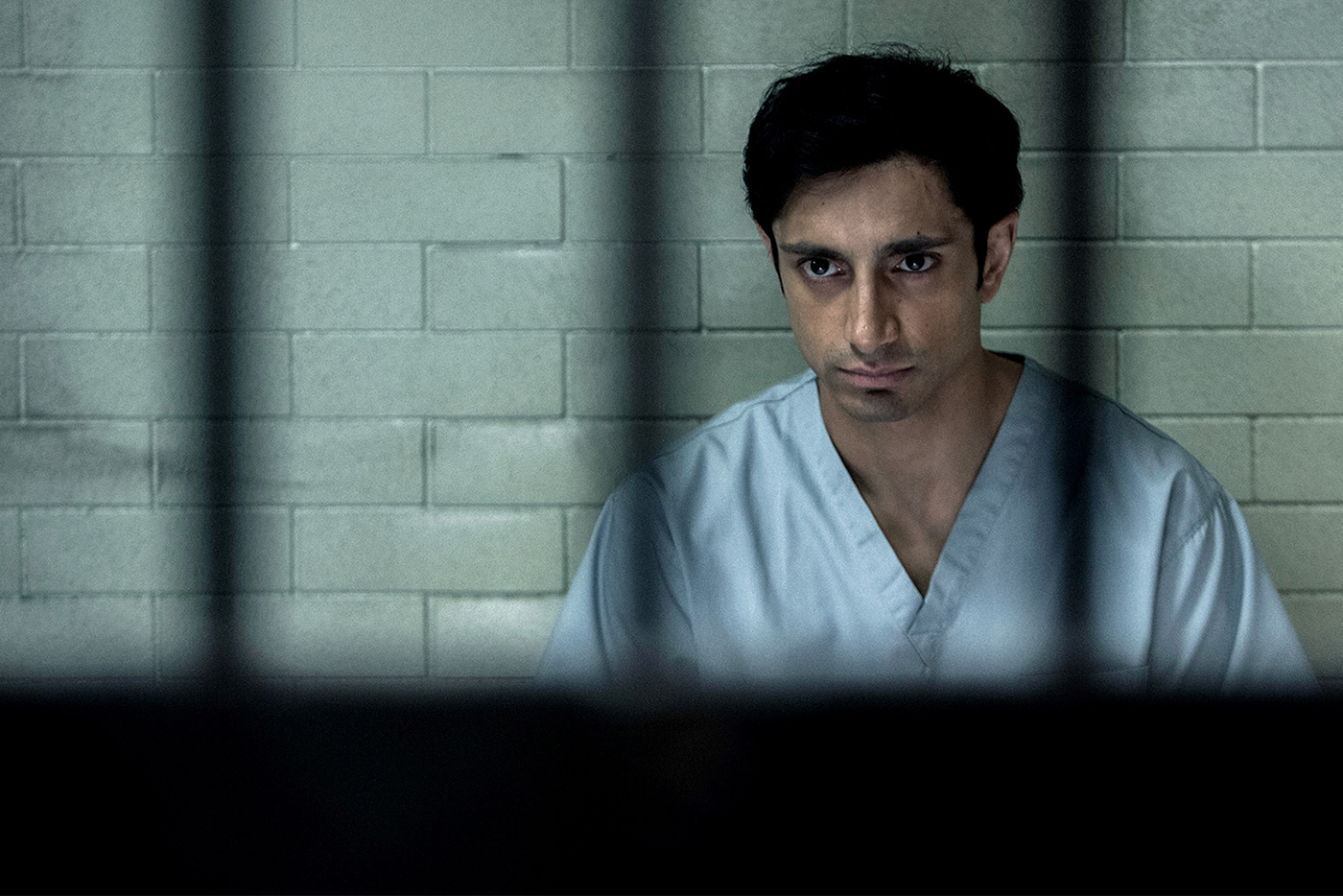There are few television shows that take what you think you know about an issue and turn it on its head. The Night Of accomplishes this with America’s penal system. It puts you in the shoes of how someone is treated once arrested, and takes a sledgehammer to any concept you might have of how someone is found guilty.
Though I originally set out to watch the The Night Of because it was the late James Gandolfini’s last project as a producer, I’ve remained hooked because it has touched on a nerve.
Working with the Homeless
In my early twenties, my husband and I volunteered with an outreach program to the homeless in the heart of our city. There were many who’d been formerly incarcerated among those that lined up for breakfast. All of them needed basic necessities, and were aimless, without a job or a place to stay and nothing to occupy their time.
On several occasions, when one or another person let down his or her guard, we befriended the person. We tried our best to help by securing housing or providing connections to jobs so they could get their footing in mainstream society.
We found this extremely daunting as many work places had policies that hindered them from hiring anyone with a record; it didn’t matter much what the offense had been. Very few landlords would rent to the homeless. Those who would had properties in rougher areas where drugs and crime were rampant. Not an environment conducive to staying out of jail.
Without employment and consistent housing, many of those we tried to assist eventually fell back in with their old crowd. Soon they’d quit showing up. The next time we’d hear about them they were back in prison.
The experiences I had with these men and women made it apparent that once someone goes to prison–whether for one day or twenty years–his life becomes stunted in an enduring way. Instead of being a place of rehabilitation, prisons pin a modern day scarlet letter on their inmates. Few ever get out from under the stigma of incarceration, or the trauma they underwent while there.
The Show Runners’ Ambitions
The creators of The Night Of, Steve Zaillian and Richard Price, have recognized this hot button issue as one with many stones that remain unturned. In a recent interview they noted that The Night Of focuses not so much on the crime itself as the far reaching effects on the perceived perpetrator. This differs radically from other crime dramas, such as the popular C.S.I series, which are about solving the crime itself.
Zallian and Price don’t belabor the crime, although they don’t spare graphic depictions . They don’t give the police officers a lot of dialogue. They are primarily interested in the accused.
From the minute we meet The Night Of’s main character, Nazir Khan (Naz), played by Riz Ahmed, we like him. Soft spoken, doe-eyed, a handsome man-child of hard working Pakistani immigrants, he is the new millennium’s boy next door. We cannot imagine that he has a violent bone in his body, and this is exact impression that Zallian and Price want us to have. The show is not really about whether or not Naz is guilty; rather, what happens to him once imprisoned regardless of his guilt or innocence.
Not only Naz suffers, but his entire family as well. From his mother being dehumanized as she’s roughly searched for contraband during a routine visit at the prison to his younger brother having to leave school due to ridicule. His father’s livelihood is destroyed when the cab he drives is confiscated as evidence in his son’s presumed crime. To add insult to injury, they all suffer under undue speculation due to their Pakistani heritage, with suspicions (and prejudice) rampant after 9/11.
The most jarring part of The Night Of is Naz’s personal war. It is not a fight to prove he’s innocent. It is a fight to preserve any semblance of the person he was before being put into the backseat of a squad car. He fights both to survive and not be turned into a hardened criminal by fellow prisoners while simply awaiting trial.
Soon we, like Naz, are not so much concerned with whether he actually committed the crime as we are whether he will survive his barbaric holding pen.
Prisons and the Media’s Track Record
Television has not done a great job exposing the dark side of our criminal justice system. In the past fifteen years, many media outlets have tried.
Sarah Koenig, the reporter who hosts the podcast Serial, made us privy to her phone conversations with convicted murderer, Adnan Syed, bringing home his humanity.
Netflix has featured several documentaries on incarceration, such as Locked Up in America.
Documentarian Morgan Spurlock went so far as to enter prison for a month to see things first hand for himself in season 2 of his show 30 Days.
HBO has navigated these murky waters before with its game changing Oz (1997 – 2003): a hard hitting look at prison life, and the business of incarceration.
Journalism devoted attention to what a monstrous profit monger our prison system has morphed into with the privatization of prisons, a practice that was outlawed for decades. In 2012 Huffington Post’s article Jailing Americans for Profit: the Rise of the Prison Industrial Complex introduced many unsuspecting Americans to such money hungry organizations as the Corrections Corp of America. One of the corporations that has turned incarceration into a billion dollar profit center.
A 2015 Study from the University of Wisconsin showed that inmates in privatized prisons were held on average several months longer than those in public prisons due to financial incentives.
As the most recent offering on the subject, The Night Of is to be applauded for giving us another chance to come to grips with this dire situation.
Ways to help in your area:
Write to your local Congressmen and Senators regarding prison reform acts
Get involved- find out if one of the programs listed on this site is accessible to you:
http://www.humankindness.org/who-we-are/
https://www.prisonfellowship.org/
http://www.insightprisonproject.org/
http://www.insightprisonproject.org/
Documentaries :
Literature:
http://www.newyorker.com/magazine/2012/01/30/the-caging-of-america
http://news.wisc.edu/study-finds-private-prisons-keep-inmates-longer-without-reducing-future-crime/
Couldn’t Keep It To Myself by Wally Lamb – a collection of autobiographies by the inmates of the York Correctional Institution












